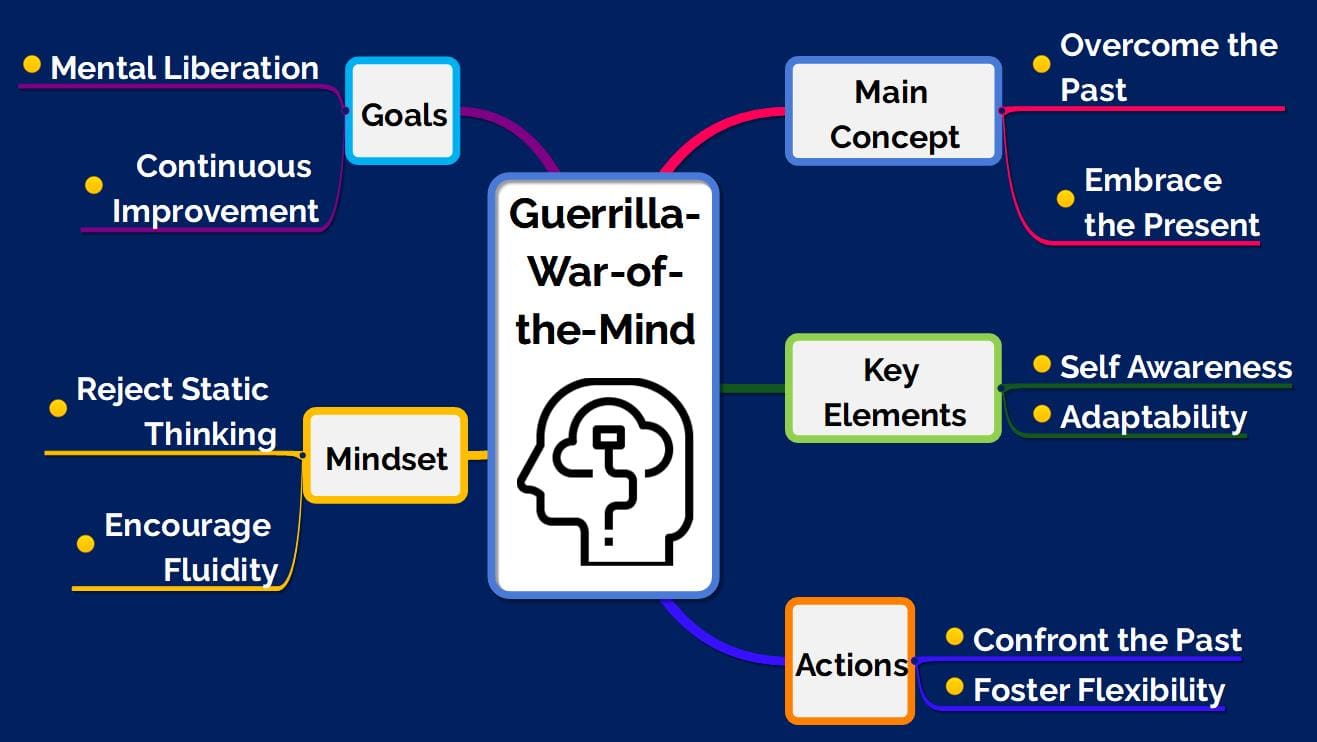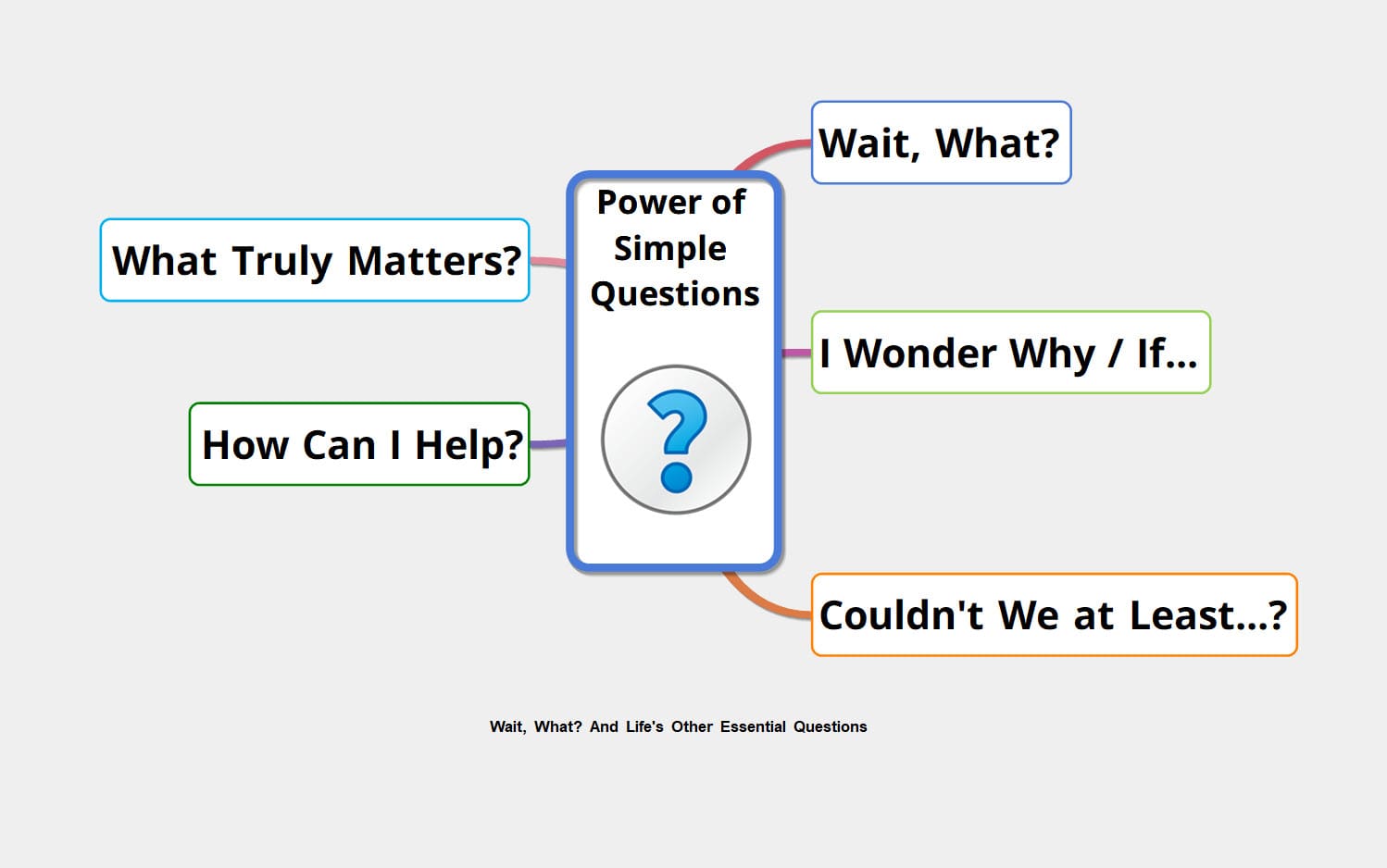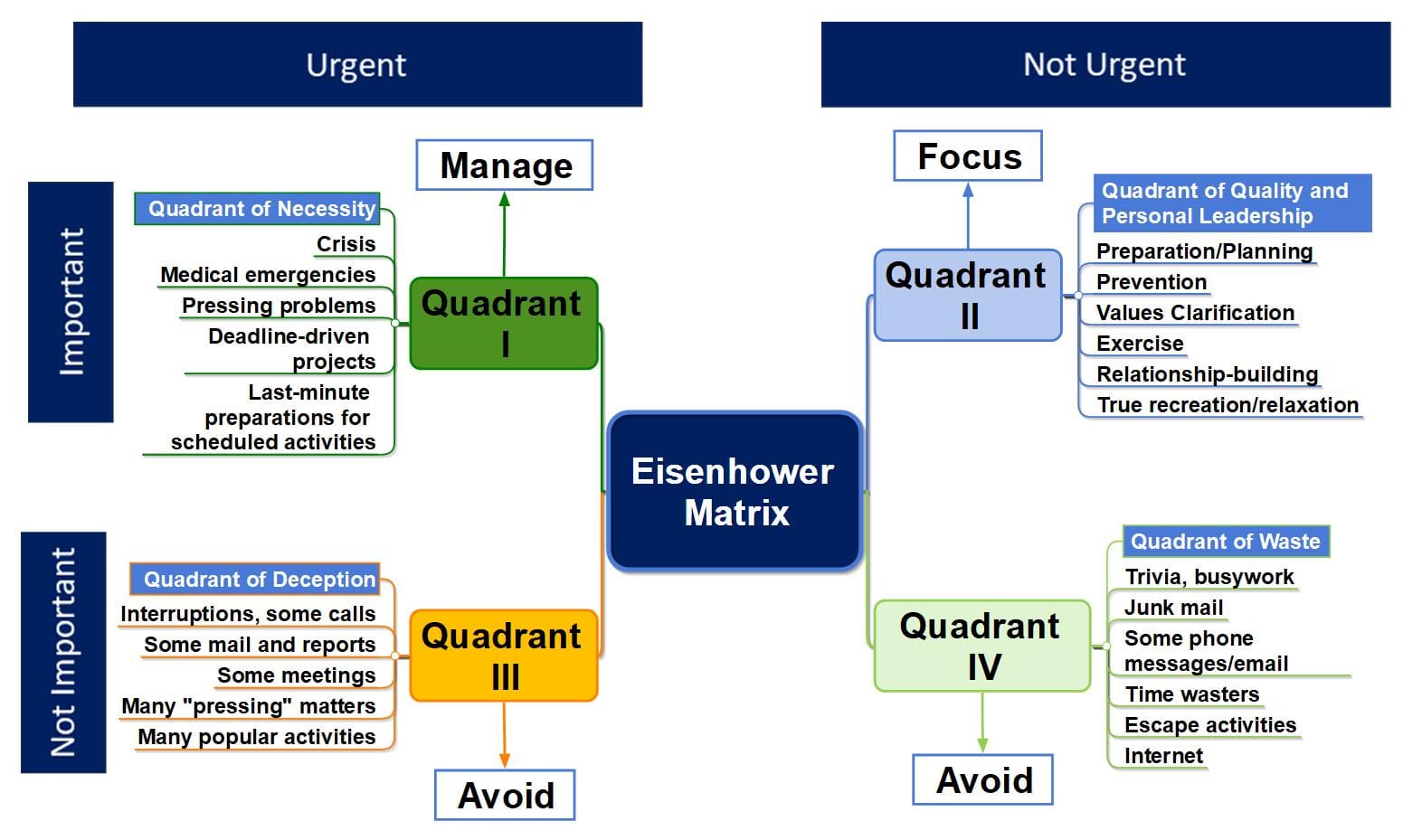Introduction to Cognitive Behavioral Therapy (CBT)
Cognitive Behavioral Therapy (CBT) stands at the forefront of psychotherapeutic treatments, renowned for its evidence-based approach to improving mental health. At its core, CBT is a structured, time-limited therapy that aims to solve problems concerning dysfunctional emotions, behaviors, and cognitions through a goal-oriented, systematic procedure.
The genesis of CBT can be traced back to the work of Dr. Aaron T. Beck and Dr. Albert Ellis in the 1960s. Beck, often regarded as the father of CBT, revolutionized the field of psychology by proposing that our thoughts significantly influence our feelings and behaviors. This insight laid the groundwork for what would become a highly effective therapeutic approach, one that is now widely accepted and used across the globe.
CBT’s importance has only escalated with time, particularly due to its adaptability and efficacy. Research has consistently supported its use as a treatment for a variety of mental health conditions, from depression and anxiety to more complex disorders like PTSD and obsessive-compulsive disorder. Its practicality and structured nature have made it a staple in both clinical settings and self-help contexts, offering tools that individuals can use to manage and overcome their psychological distress.
As we delve deeper into the intricacies of CBT, we will explore its theoretical foundation, main techniques, applications, and the profound impact it can have on one’s journey towards mental wellness.
Theoretical Foundation of CBT
The theoretical underpinnings of Cognitive Behavioral Therapy are rooted in the cognitive model, which asserts that our thoughts can dictate our emotions and behaviors. This model challenges the traditional psychoanalytic focus on unconscious impulses and instead posits that it is our conscious thoughts that have the most significant impact on our emotional well-being.
Cognitive Model
- Thoughts Influence Emotions: The central tenet of the cognitive model is that our thoughts and perceptions of situations influence our emotional responses. If we perceive a situation negatively, we are likely to experience negative emotions as a result, and vice versa.
- Behavioral Consequences: These emotions then influence our behavior. For example, if we feel anxious about a social situation, we may avoid it, which in turn reinforces our negative thoughts and anxiety.
Key Figures and Studies
- Aaron T. Beck: Often referred to as the father of cognitive therapy, Beck developed the cognitive model in the 1960s. He identified patterns of “automatic thoughts” that were not based on reality and contributed to emotional difficulties.
- Albert Ellis: Developed Rational Emotive Behavior Therapy (REBT), a precursor to CBT, which focused on changing irrational beliefs that cause emotional distress.
Evidence Supporting CBT
- Research and Trials: Numerous clinical trials have shown CBT to be effective in treating a wide range of disorders, often with long-lasting results.
- Meta-Analyses: Systematic reviews and meta-analyses have consistently confirmed the efficacy of CBT, especially when compared to other forms of psychological therapies or no therapy at all.
By understanding the theoretical basis of CBT, practitioners and clients can better appreciate the importance of addressing thought patterns to bring about emotional and behavioral change. This knowledge forms the foundation for the practical techniques used in CBT, which we will explore in the following section.
Main Techniques of CBT
Cognitive Behavioral Therapy employs a variety of techniques designed to help individuals identify and change maladaptive thought patterns and behaviors. These techniques are the tools that enable the transformation of the theoretical underpinnings of CBT into practical steps towards mental health.
Cognitive Restructuring
- Identifying Negative Thoughts: Clients learn to recognize and pinpoint automatic negative thoughts that arise spontaneously and contribute to emotional distress.
- Challenging Beliefs: The therapist guides the client in examining the evidence for and against these thoughts and beliefs, challenging distortions and cognitive biases.
- Developing Alternative Thoughts: Clients are then assisted in developing more balanced and realistic thoughts that lead to healthier emotions and behaviors.
Behavioral Activation
- Activity Scheduling: Clients are encouraged to schedule positive activities that can improve mood and provide a sense of accomplishment.
- Role Playing: Therapists may use role-playing exercises to help clients prepare for potentially challenging interactions or situations.
- Graded Exposure: Clients gradually face feared activities or situations to overcome avoidance and reduce fear responses.
Exposure Therapy
- Systematic Desensitization: A step-by-step approach where clients confront feared stimuli in a controlled way, often starting with less threatening situations and gradually moving to more challenging ones.
- Flooding: A more intensive technique where clients are exposed to a high level of feared stimuli all at once, under the guidance of a therapist.
Skills Training
- Problem-Solving: Clients learn strategies to deal with difficult situations effectively.
- Assertiveness Training: Techniques to help clients communicate more effectively and stand up for their rights in a respectful way.
- Relaxation Techniques: Teaching methods like deep breathing, progressive muscle relaxation, and mindfulness to manage physiological symptoms of anxiety.
These techniques are not used in isolation; rather, they are part of a comprehensive treatment plan tailored to the individual’s specific needs and goals. By equipping clients with these tools, CBT empowers them to become their own therapists, with the skills to tackle future challenges head-on.
Application of CBT in Treating Mental Health Conditions
Cognitive Behavioral Therapy’s adaptability to various mental health conditions is one of its most compelling features. It offers a structured approach to understanding and tackling the complex interplay between thoughts, emotions, and behaviors. Below are some of the conditions where CBT has been shown to be highly effective.
CBT for Depression
- Cognitive Triad: CBT addresses the negative thoughts about the self, the world, and the future that characterize depression.
- Behavioral Activation: Encouraging engagement in meaningful activities to counteract the inertia of depression.
- Mood Monitoring: Teaching clients to track their moods and the thoughts that accompany mood shifts.
CBT for Anxiety Disorders
- Cognitive Restructuring: Targeting anxious thoughts and catastrophic predictions to reduce excessive worry.
- Exposure Techniques: Confronting feared situations or objects to decrease avoidance behaviors.
- Stress Management: Implementing relaxation and stress-reduction strategies to manage physical symptoms of anxiety.
CBT for PTSD
- Trauma Focused-CBT: Specifically tailored to help individuals process and make sense of their trauma.
- Narrative Exposure: Clients recount their traumatic experiences in a safe and structured environment.
- Cognitive Processing Therapy: Assisting clients in reframing and understanding trauma-related thoughts.
Case Studies
Real-life case studies serve as powerful testimonials to the effectiveness of CBT. For instance, a study might detail the journey of an individual with social anxiety who learns to manage fears through exposure therapy and cognitive restructuring, ultimately improving their ability to engage socially and maintain relationships.
The application of CBT is not limited to these conditions; it also extends to eating disorders, substance abuse, marital problems, and many other areas. With each application, therapists tailor the principles and techniques of CBT to address the specific challenges and goals of their clients.
Benefits and Limitations of CBT
While Cognitive Behavioral Therapy is a powerful and effective tool for treating mental health issues, it is important to recognize both its strengths and its limitations. Understanding these can help clients and therapists alike set realistic expectations and optimize treatment outcomes.
Benefits of CBT
- Empirical Support: CBT is one of the most researched forms of therapy, with a substantial body of evidence backing its efficacy.
- Short-Term Treatment: Compared to other forms of therapy, CBT is generally more focused and time-limited, making it a cost-effective option.
- Skill Development: CBT equips clients with practical skills that are useful for managing current problems and preventing future ones.
- Versatility: It can be adapted for individuals, groups, and even self-help settings.
Limitations of CBT
- Therapist Expertise: The success of CBT can depend heavily on the therapist’s expertise, including their ability to customize the therapy to the client’s needs.
- Client Engagement: CBT requires active participation from clients, which can be a barrier for those who may have difficulty engaging in the therapeutic process.
- Access to Therapy: Despite its effectiveness, access can be limited by factors such as cost, availability of trained therapists, and geographic location.
- Depth of Issues: CBT may not be suitable for all clients, particularly those with complex psychological issues that require more in-depth analysis.
Despite these limitations, CBT remains a preferred treatment modality for many mental health professionals and clients due to its structured approach and the active role clients take in their own recovery. With ongoing research and development, CBT continues to evolve, addressing its limitations and expanding its applicability and effectiveness.
Self-help Tips for Practicing CBT Principles
While Cognitive Behavioral Therapy is most effective under the guidance of a trained therapist, there are strategies derived from CBT principles that individuals can apply to manage minor issues on their own. Here are some self-help tips that embody the essence of CBT:
Recognizing and Challenging Negative Thoughts
- Thought Records: Keeping a journal to record negative thoughts can help in identifying patterns and triggers.
- The Three Cs: Catch the thought, Check the evidence, Change the thought to something more balanced and rational.
Behavior Modification Strategies
- Activity Planning: Scheduling positive activities that are enjoyable or give a sense of achievement can boost mood and energy.
- Progressive Exposure: Gradually facing fears can reduce avoidance behaviors and build confidence.
Mindfulness and Relaxation Techniques
- Mindfulness Meditation: Practicing mindfulness can help one become more aware of the present moment and less caught up in negative thought patterns.
- Relaxation Strategies: Techniques such as deep breathing, progressive muscle relaxation, and guided imagery can help alleviate physical tension associated with stress and anxiety.
By incorporating these self-help strategies into daily life, individuals can take proactive steps towards improving their mental health. However, it’s important to note that self-help should not be a substitute for professional therapy when dealing with significant mental health issues.
Conclusion: The Transformative Power of CBT
Cognitive Behavioral Therapy is more than just a set of techniques; it’s a paradigm shift in how we understand and manage mental health. By focusing on the here and now, CBT equips individuals with the tools to change their thought patterns and behaviors, leading to lasting emotional well-being.
The journey through CBT is one of empowerment. Clients learn that while they may not control every aspect of their environment, they have the power to control their interpretations and reactions. This realization is often the first step toward profound personal growth and healing.
As mental health continues to gain recognition as an essential part of overall health, CBT stands out as a beacon of hope and practicality. For those considering therapy or seeking ways to improve their mental health, CBT offers a structured path to recovery and resilience.
While no therapy can be a panacea, the principles of CBT provide a foundation for coping with life’s challenges. It encourages a proactive approach to mental health, promoting not just recovery but also prevention and personal development.
In conclusion, whether through professional therapy or self-help techniques, CBT remains a vital resource for anyone looking to enhance their mental health. Its legacy continues to grow as it helps more people live more balanced and fulfilling lives.
Further Resources on CBT
For those inspired to delve deeper into Cognitive Behavioral Therapy, whether as practitioners, clients, or simply curious minds, the wealth of resources available can provide a deeper understanding and practical knowledge. Below is a curated list of resources to further explore the world of CBT:
Books and Literature
- “Feeling Good: The New Mood Therapy” by David D. Burns – A seminal book that introduces the principles of CBT and how to apply them to overcome depression.
- “Mind Over Mood: Change How You Feel by Changing the Way You Think” by Dennis Greenberger and Christine Padesky – A guide to understanding and implementing CBT techniques in everyday life.
- “Cognitive Behavioral Therapy: Basics and Beyond” by Judith S. Beck – Written by the daughter of Aaron T. Beck, this book provides a comprehensive overview of CBT for therapists.
Online Courses and Workshops
- Coursera and Udemy offer various courses on CBT for both mental health professionals and the general public.
- The Beck Institute provides training and certification for professionals interested in CBT.
Support Groups and Communities
- Online forums and support groups can be valuable for sharing experiences and strategies related to CBT.
- Local mental health clinics and community centers often host CBT-based support groups and workshops.
Professional Organizations
- The Association for Behavioral and Cognitive Therapies (ABCT) and the International Association for Cognitive Psychotherapy (IACP) are excellent sources for finding CBT therapists, conferences, and the latest research.
This is by no means an exhaustive list, but it serves as a starting point for those interested in exploring CBT further. The journey into Cognitive Behavioral Therapy can be a profoundly enlightening and empowering experience, opening new paths to mental wellness and personal growth.







